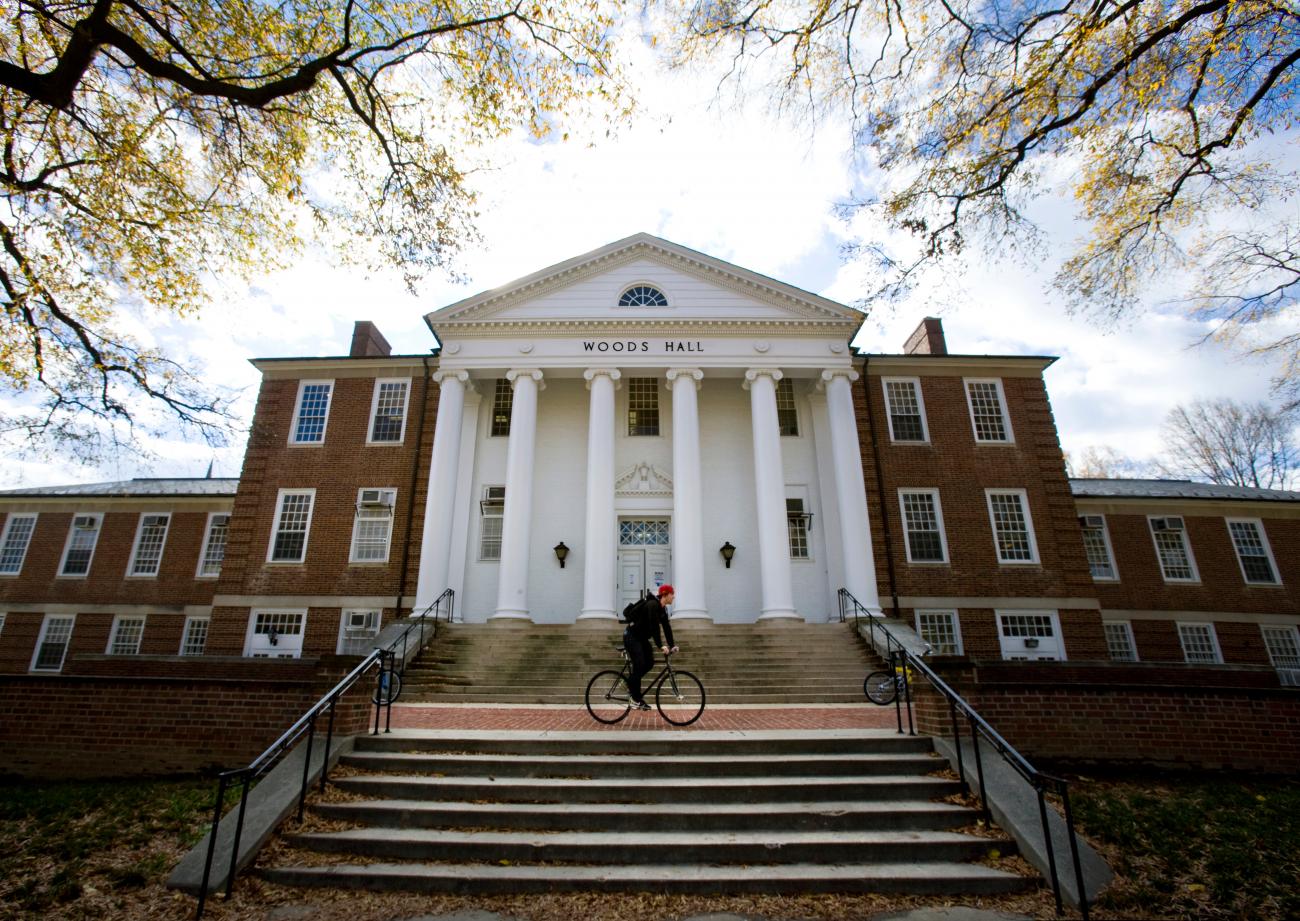The distinction between immigrant groups and the national majority often frames anthropological research on immigrant incorporation. In my research with immigrants in a middle-class sector of the economy, identified by profession rather than country of birth, I have found that cultural “transformation” is not always apparent. Stratified by social class, my group often enters the U.S. with the traditional hallmarks of assimilation (language, education, and occupation). Rather than changing into something else, they describe constructing a lifestyle between the many places they have lived and travelled, continually integrating past and present lived experiences. In this framework, I have found that life trajectories are more useful for analysis than binaries reflecting immigrant cultural change – especially if culture is understood as a “dimension” of immigrant incorporation rather than as an end product. Using a life course perspective with foreign-born faculty at a major university, my study draws from their experiences to characterize their incorporation models.


